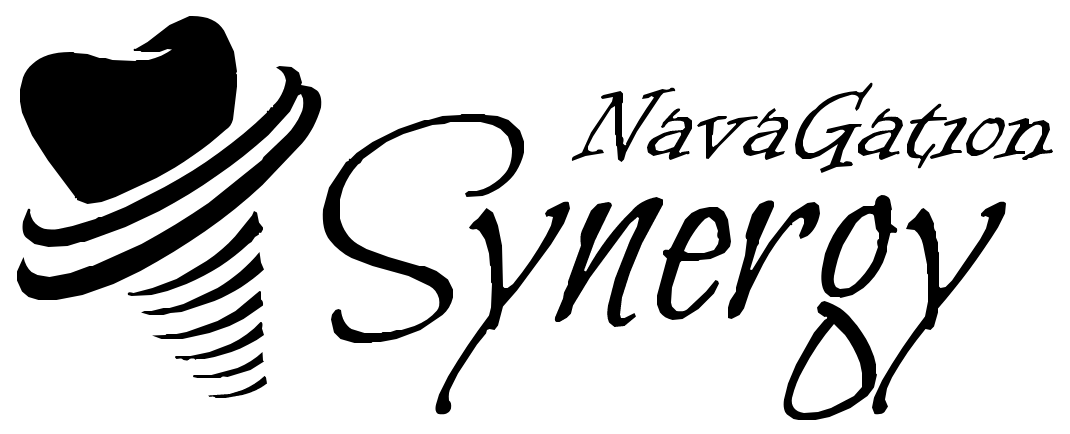

RapidAir wanted to increase their order volume, especially for smaller customers, without adding estimator headcount. Their software:
Allows a customer to design a 2D/3D pipe system for their space visually in minutes, without an estimator.
Supports configuring complex features like individual drops and air outlets.
Includes the ability to present compatible up-sell accessories.
Reduced small customer estimating time from days to hours.
Engineered Specialties, LLC, operating under the RapidAir brand, is a leading manufacturer of compressed air and other gas piping systems. Installations range from small personal projects, such as garages and workshops, up to large factory complexes and warehouses. RapidAir sells its products direct to consumers and through retail channels. RapidAir's expert estimators help customers select a product line and design a system that fits their needs and space.
RapidAir has been growing quickly over the past several years. The primary customer workflow for smaller projects consists of the design department reviewing scanned sketches and then having phone conversations with the prospects. Estimators spend much of their time with the smallest, most price-conscious customers, who often want the estimate reworked several times to minimize costs.
While the RapidAir website had product pricing information, there was no tool for the smaller customer to create their own designs and price estimates. RapidAir needed website-based software that would enable customers to create and tweak designs themselves, get instant feedback, and free up estimators to focus on larger and more complex quotes.
RapidAir partnered with RoleModel Software to develop a web-based 2D/3D pipe system design and estimation tool leveraging RoleModel's LightningCAD framework. The RoleModel team started by examining the existing paper-based workflow and examples of customer designs. The team then worked closely with RapidAir to explore how to build their design and estimation rules into a smooth design experience.
Software development was started using a "walking skeleton" approach that delivered an end-to-end workflow prototype, demonstrating pipe drawing and estimation. RoleModel's designers and UX specialists explored potential features and advanced interfaces by using clickable prototypes.
Configuring individual drops and air outlets is a highly complex part of air system design and estimation. RoleModel built a fully integrated, dynamic, spatially-aware configuration tool to select among the many variations and options available for pipe outlets. The configuration tool presented compatible up-sell accessories to the user.
The development team analyzed the RapidAir product catalog and collaborated with RapidAir's specialists to work out the object placement guidelines and compatibility rules necessary to correctly estimate a given design. Estimators tested the interactions and with their feedback, unwritten business expertise was integrated into the software.
RoleModel and RapidAir conducted several rounds of beta testing with internal and external users. The team identified critical pain points and improved usability. The flexibility of the system was broadened to allow for a wider range of design complexity. The object placement guidelines and compatibility rules were refined to ensure that customers created their designs correctly. RoleModel integrated the new software with RapidAir's existing CRM system and implemented an admin dashboard to permit in-house estimators to inspect and review "in-progress" customer designs.
When the new online software was released publicly, website visitors immediately began creating their own designs and many converted to sales. The new software was integrated with an online shopping cart system so that customers could easily purchase the items in their itemized quote. Now RapidAir uses their estimators to proactively reach out to designers quoting large systems or customers running into design difficulties.
We are a mid-sized business always looking for growth opportunities. The idea of Investing in Custom Software to reduce our small customer estimating time from days to hours was very attractive. We wanted to use the freed up capacity to better serve our larger customers. RoleModel Software has worked out great as a business partner. The new software is already producing better than expected results!

3D design tool to create custom surgical guides for complex dental surgery in less time
Read Case Study
ERP-integrated quoting automation app for plastics extrusion company, using Ruby on Rails in cloud
Read Case Study
Estimating/takeoff for landscaping industry. Mobile/tablet 2D file markups with Javascript
Read Case Study